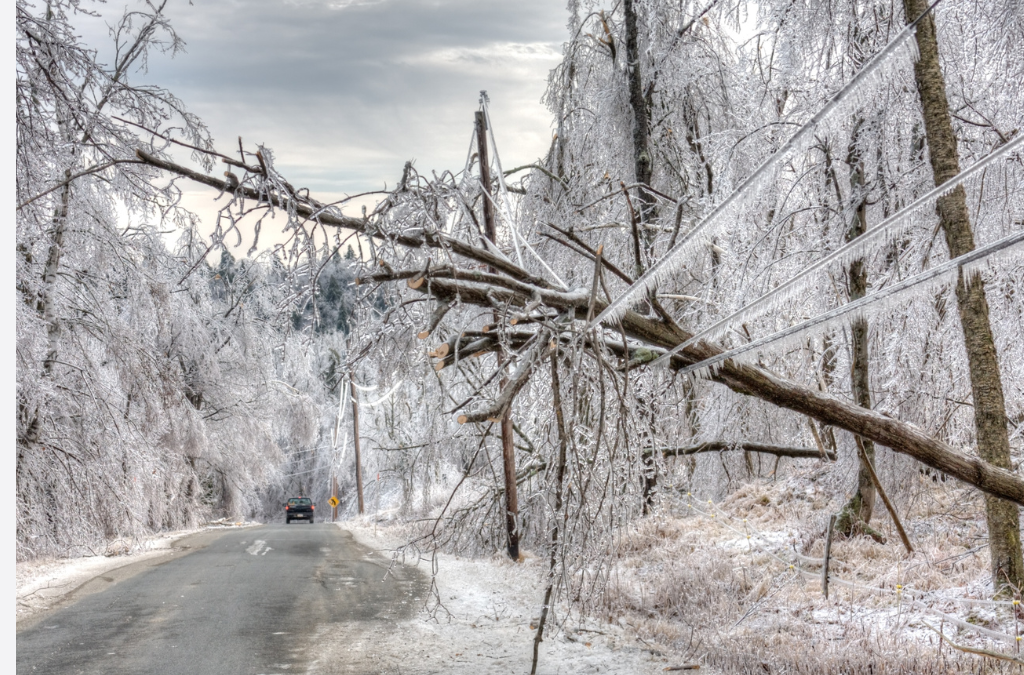Recovery isn’t something that stops and starts with the weather. Whether it’s a sudden power outage, storm damage to your home, or the stress of lost wages, life can throw curveballs that threaten stability—especially for people in recovery. When basic needs are shaken, staying on track with recovery can feel overwhelming. But with the right support and mindset, it’s absolutely possible to hold on to recovery through life’s hardest seasons.
Here’s how we can help ourselves—and others—stay grounded during crisis.
Start with Safety: Maslow’s Basics Still Matter
Psychologist Abraham Maslow’s hierarchy of needs is still a cornerstone in understanding human behavior. When people experience disasters—natural or otherwise—their physiological and safety needs jump to the forefront. Food, shelter, heat, and personal safety take priority.
What helps:
-
Keep a list of local shelters, food pantries, and mutual aid groups handy.
-
Help people apply for emergency funds (like FEMA, local hardship grants, or utility assistance).
-
Encourage stocking a small “recovery emergency kit”—journals, contact lists, recovery readings, and battery-powered resources like radios or flashlights.
🧠 Evidence Insight: Research shows that when people in recovery feel secure in their basic needs, their likelihood of relapse decreases significantly (SAMHSA, 2020).
Connection is a Lifeline
Isolation is a major relapse risk—even more so during times of disruption. When power goes out or transportation is limited, connection to support systems can break down fast.
What helps:
-
Use group texts, social media, or even good old-fashioned phone trees to stay in touch.
-
Set up local “recovery buddy” systems in advance so no one goes through hard times alone.
-
Explore online and phone-based recovery meetings, many of which run on low data or landlines.
📞 Hot Tip: Call-in lines like Recovery Dharma’s phone meetings or AA’s telephone services are great when Wi-Fi is spotty.
Have a Plan, Not Just a Hope
Hoping you’ll stay clean and sober through a crisis isn’t the same as having a plan. Plans create structure. They bring a sense of control, even in the chaos.
What helps:
-
Develop personal “Recovery Resilience Plans” with your sponsee or peer clients.
-
Include a list of grounding techniques, emergency contacts, coping strategies, and motivational quotes or spiritual readings.
-
Role-play what to do if key triggers pop up—like being stuck indoors, being around frustrated family, or feeling the pull to escape.
💡 Evidence Insight: People with structured relapse prevention plans are more likely to maintain long-term recovery, even in high-stress situations (Marlatt & Donovan, 2005).
Normalize the Struggle—and the Strength
Recovery isn’t perfection. And surviving a hard moment without using is a victory—even if it doesn’t feel pretty.
What helps:
-
Remind folks that being anxious, angry, or even depressed during a crisis doesn’t mean they’re failing at recovery.
-
Share stories of others who made it through similar hardships without relapsing.
-
Encourage people to journal, share, or talk through their experiences as a form of resilience building.
✍️ “This sucks, and I’m still sober” is a completely valid mantra.
Support the Supporters
Peer recovery coaches, family members, and allies also get overwhelmed during hard times. You can’t pour from an empty cup.
What helps:
-
Create debrief spaces for helpers—support groups, online chats, or team check-ins.
-
Remind support staff and volunteers to ask for help before they burn out.
-
Encourage rest and radical self-care without guilt.
🧠 Evidence Insight: Burnout in peer supporters increases the risk of missed signs of relapse and reduces the quality of care (Journal of Substance Abuse Treatment, 2019).
Final Thoughts
Storms pass—but recovery is a lifelong process. Whether it’s a blizzard, a power outage, or a financial crisis, the key is staying connected, prepared, and compassionate—especially with yourself.
You’re not alone. The recovery community is resilient, resourceful, and ready to stand together, even when the lights go out.
Resources:
-
Local Mutual Aid Facebook Groups and Recovery Pages


